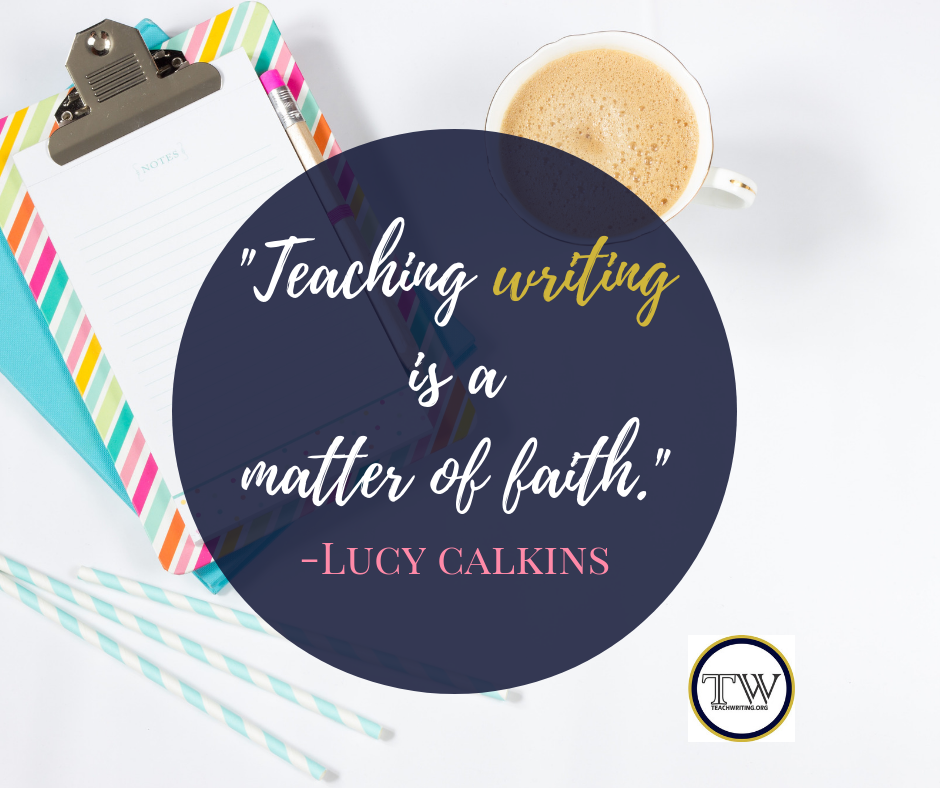Top 5 Questions to Help Troubleshoot Your Writing Workshop
It’s that time of year where things are finally starting to click. The procedures have been modeled and practiced, the writing tools have been introduced, and the writing stamina is starting to grow. You’re finally getting to the actual teaching part of the year rather than the “Okay writers, sit on the carpet please, criss-cross!” Let’s try that again, a little slower this time!” Even though from the outside looking in everything seems to be in place, but you know something just doesn’t feel right.
I’m here to tell you, it’s ok! It happens to all teachers and more times a year than you might think. It just may mean you need a few little tweaks to get your writing workshop running smoothly and successfully. To help you do this, I wanted to share my top 5 questions you can stop and ask yourself to try and figure out the roadblocks that might be causing your little writers to stop in their tracks.
Top 5 Questions to Ask Yourself:
How long are my mini lessons?
One of the biggest things to consider in making your writing time as successful as possible is your timing. If you mini lessons are not in fact mini, you might losing your students’ attention and not giving them enough time to actually go and practice what you’re preaching. Make sure you keep your mini lessons just that, mini! Think between 5-10 minutes long.
Some ways I like to do that is to set an actual timer, either on my phone or on the SMART board to make sure I’m keeping my talking time to a minimum. I want my mini lesson to be effective but I also need to give my students enough time to put what I’m teaching into practice.
What does my writing center look like?
It’s so important to keep an eye on what is happening in your writing center and how it’s being used. Keep an eye on it during one of your independent writing times. Are your students using the writing center independently? Do you have materials in there that are both easily accessible for your students and helpful to them? Do a quick scan. Go ahead, I’ll wait…
What did you find? Make sure you have booklets of all different sizes and paper types (single lined, double lined, 2-3 pages stapled, etc.) single pages for revision, tape, glue, post-its. Whatever materials you have there MUST be there to make your students feel successful when writing, revising, and editing their work! If they’re not using it and should reteach the tools and model how to properly use them. If you’re more comfortable, pass them out slowly as the weeks go on. I like to add different colored pens for editing and revising to keep things exciting!
How are your students sitting during workshop time?
If students are only sitting at their own desks it may not be the most comfortable environment for them. Try using floor spots by taping different spaces for students to sit. You could also have writing partners sit with each other at the beginning of writing time to help exchange ideas. Try a few different strategies to get students motivated. Some students really benefit from brainstorming with a partner first before setting off to write on their own. It may be what’s holding them back from getting started right away.
What tools are your writers using to write?
This is always a hot button debate I find myself in! But, I standby my statement…pens over pencils in writing workshop! Put down your tomatoes, let me explain. Not only are pens smoother and help your students write more fluently, but they also allow your writers to show revisions. This encourages students to let go of their perfectionist ways. Need to cross off a word? No problem! Need to insert a word? Perfect! That’s what real writers do!
What are YOU doing while your students are working?
Lucy Calkins has said, “You are what your workshop needs.” So, what are you showing your students while they’re writing? Are you showing your students the importance of working the entire time by staying focused and on task? If you’re just floating around the room or preparing materials for the next lesson (it’s ok we’re all guilty of it!) you may not be showing your students the importance of independent writing time.
So, what should you be doing? Modeling the behavior you want your students to have. That means, conferencing with students, pulling small groups, utilizing mid-workshop interruptions to celebrate things you see other writers doing.
Have faith that you are what your workshop needs. With a few tweaks, you’ll have your writers writing smoothly, independently, and with excitement in no time.
Keep calm and write on!
Let Me Help:
Need help with writing conferences? Check out my FREE conferencing template here
Want to maximize your mini-lesson time? Here’s a Small Moment Anchor Chart just for you!
Let me launch your Opinion Writing Unit for you! Check it out here!
Hi there! My name is Jayme and I am the creator of Teach Talk Inspire. I have a passion for teaching little learners to read and write and am determined to show every student that they’re already writers!
I taught first grade for 7 years and acted as a lead teacher for Teacher’s College Reading and Writing Project. I loved to collaborate with other teachers to develop the most effective practices to teach writing to elementary aged students. I have a Bachelor’s Degree in Journalism from Penn State University and a Master’s in Elementary Education from Duquesne University. My love of writing has been there from the very beginning!
When I’m not blogging or creating resources to help teachers in their classrooms, I’m playing and reader with my one year old daughter; my number one student at the moment!




